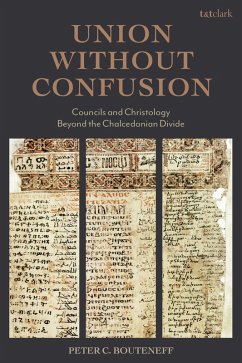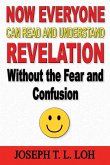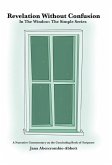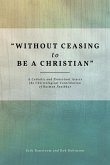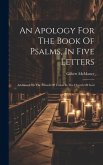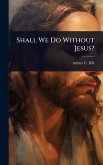Eastern Orthodox and Oriental Orthodox Christians have been separated since the aftermath of the Council of Chalcedon in 451. This book offers a fresh perspective on the conciliar era, exploring the separation between dyophysite and miaphysite Christians through historical and theological lenses. This study examines the theological formulations of the seven great councils alongside other key writings- presented here in Greek with English translations. It invites a reconsideration of figures long revered or rejected by the different churches, and traces how Greek philosophical terminology was gradually reshaped to express Christian belief-a process that took different forms across the diverse regions in late antiquity. More than a reappraisal of the past, this study challenges readers to reflect on the nature of patristic authority, and its enduring implications for theology and the restoration of communion among the churches.
Bitte wählen Sie Ihr Anliegen aus.
Rechnungen
Retourenschein anfordern
Bestellstatus
Storno

